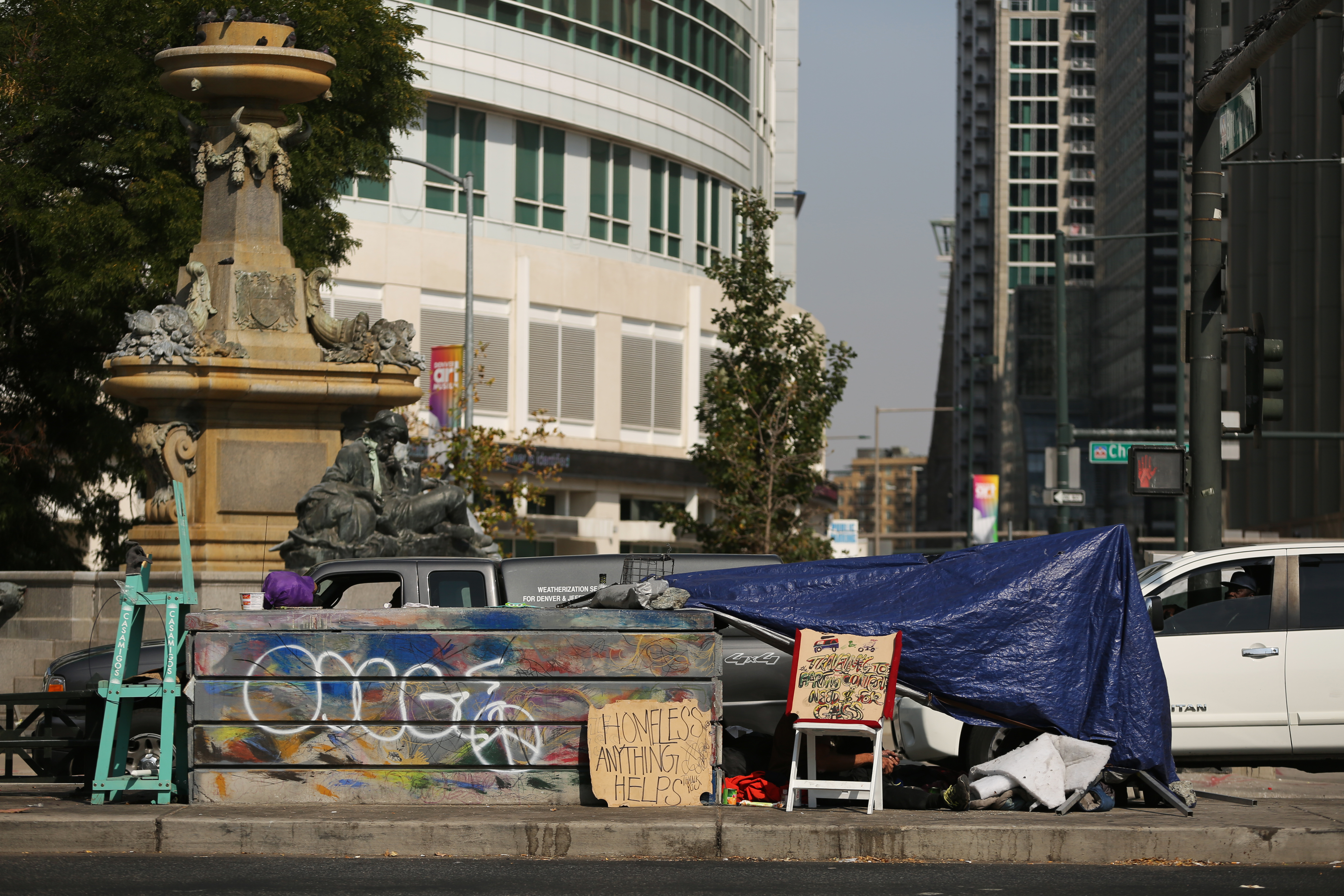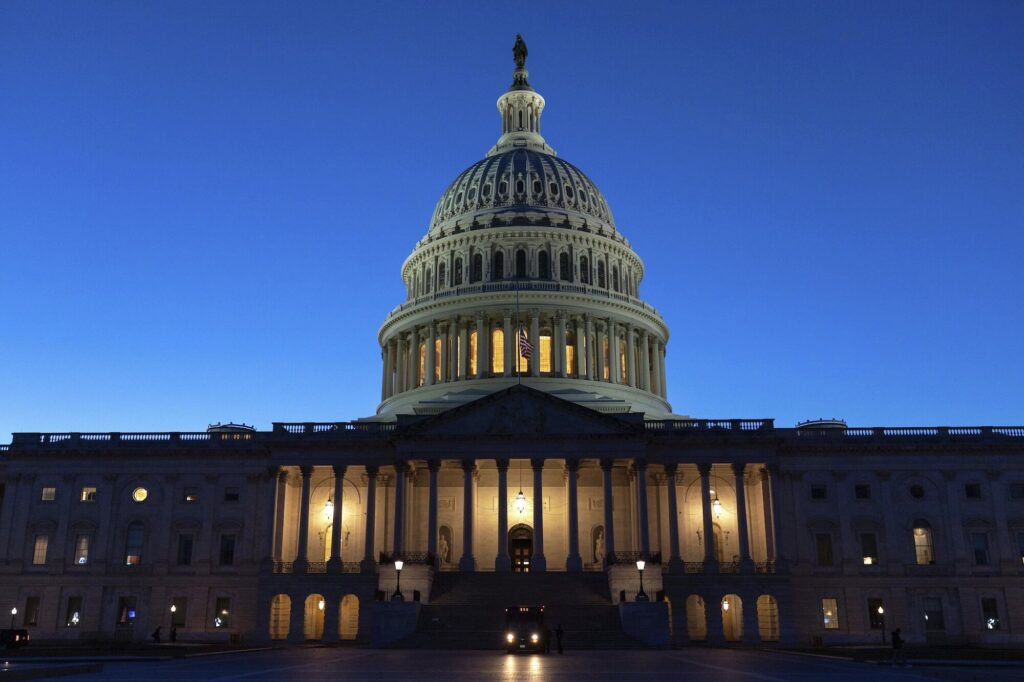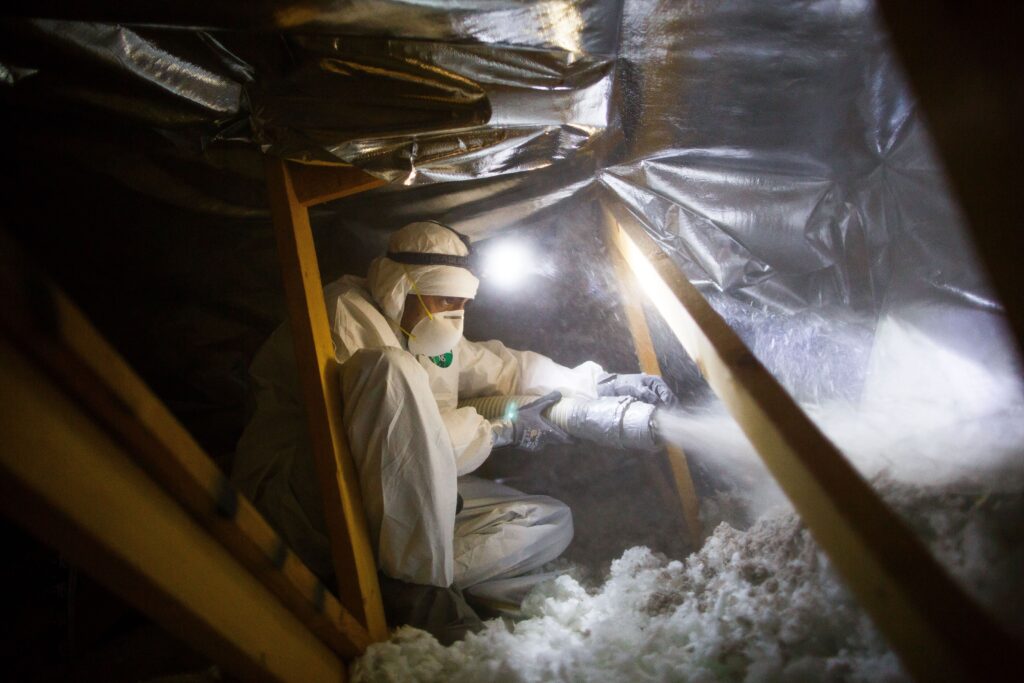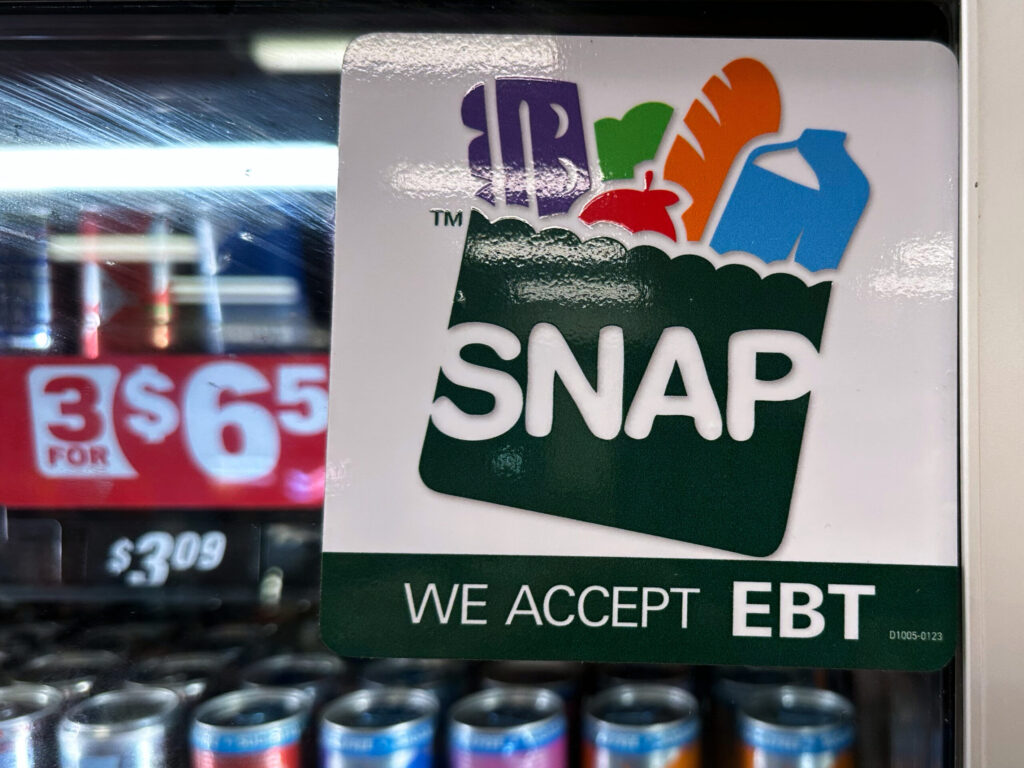Metro Denver Homeless Initiative granted $300K to prevent homelessness

The Metro Denver Homeless Initiative received a $300,000 grant to provide transitional housing, rentals and homeownership programs to people who are exiting or at risk of experiencing homelessness.
MDHI is a regional organization that works with the public and private sectors to coordinate housing resources and services for people in need.
The award was given through the $1 million CommunityWINS (Working/Investing in Neighborhood Stabilization) Grant Program, which is administered by the United States Conference of Mayors and Wells Fargo Bank to recognize “outstanding” mayoral-based initiatives that increase access to affordable housing.
Denver is one of only eight city and nonprofit partnerships that received the grant this year.
“We’re dedicated to working with our community partners to provide effective, stable paths out of homelessness and into housing stability,” Denver Mayor Michael Hancock said in a news release Tuesday. “This is a tremendous win for MDHI and our region, as we work to give providers one more tool to help stabilize our residents and communities, and I am honored to be partnered with MDHI in this wonderful award.”
Metro Denver Homeless Initiative will use the grant dollars to support its “Flex Fund,” which leverages donations and grants to offer help to people in housing crises throughout the region.
“This funding is critical in the region’s response to keeping our community safe and stable, particularly in light of economic crisis caused by COVID-19,” Matt Meyer, executive director at MDHI, said in a statement. “The Flex Fund is the last resort for many of our neighbors. We appreciate the partnership of Mayor Hancock and the support of Metro Mayors Caucus in securing this grant.”
MDHI conducts the annual Point-in-Time survey that takes a “snapshot” of how many people throughout the seven-county Denver Metro region are experiencing homelessness over a 24-hour period.
MDHI reported that at least 6,104 people were experiencing homelessness from dusk to dusk last January in the seven counties surveyed in the 2020 Point-in-Time census. The data reflects a 6% increase since 2019 and a nearly 15% rise from the year before.














